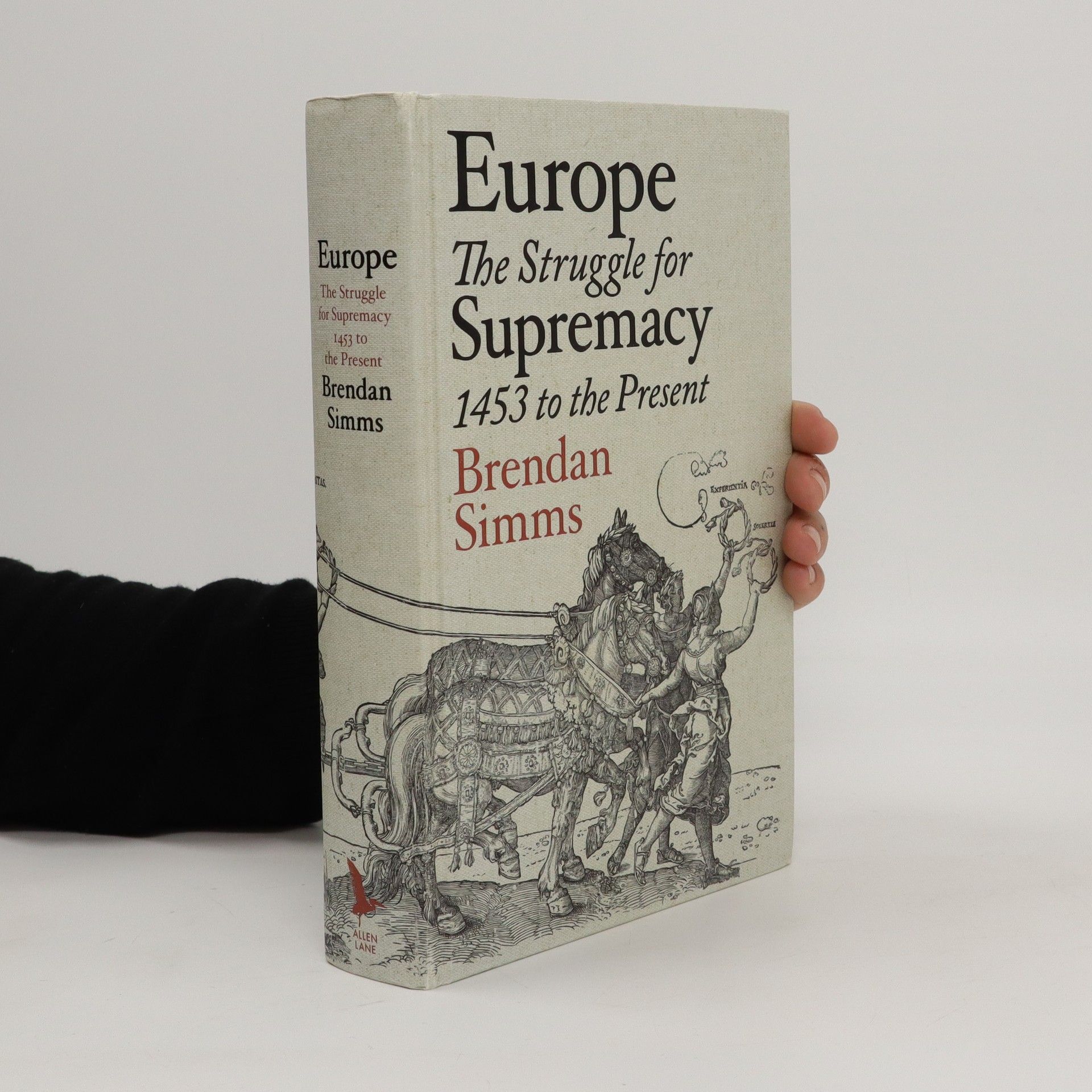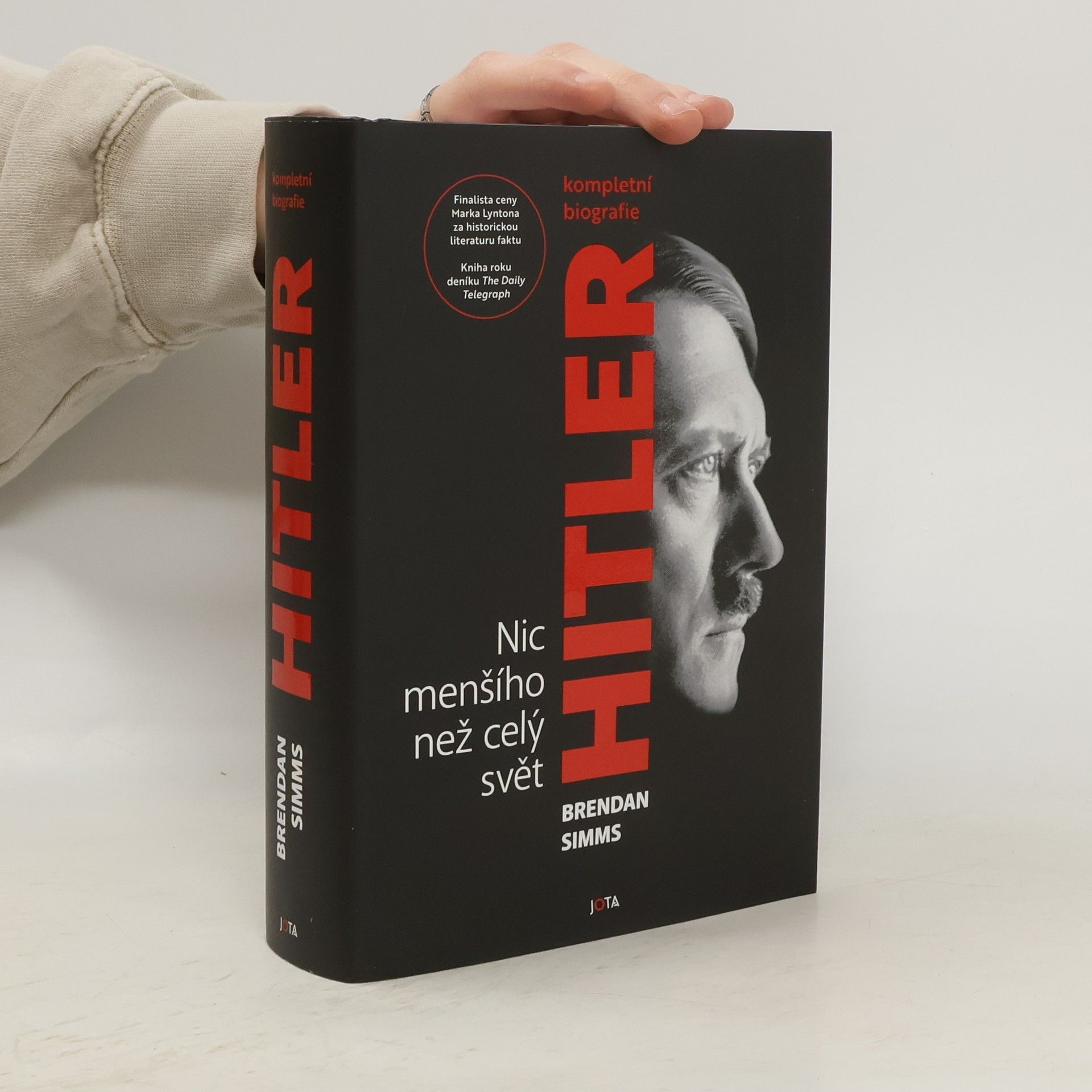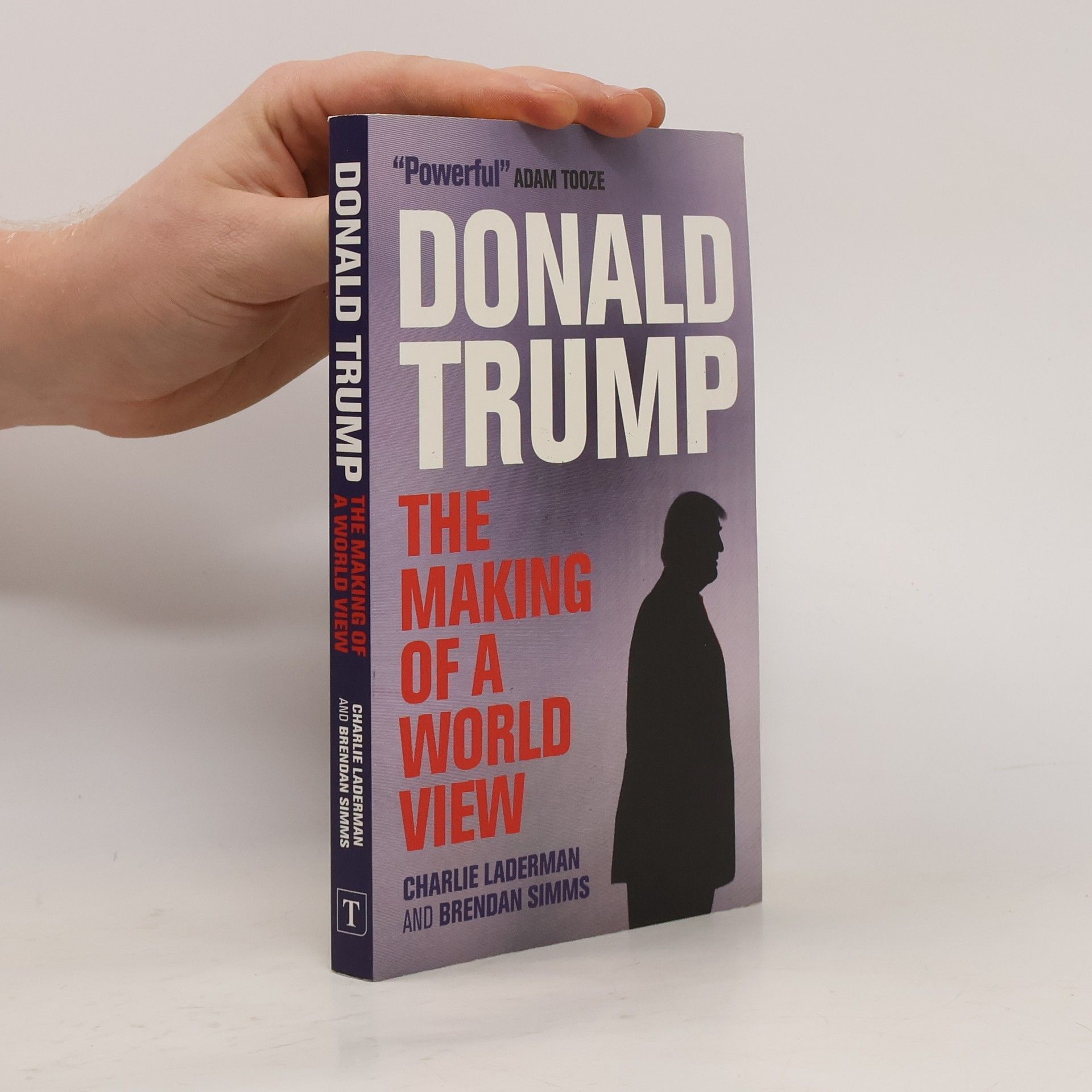Zápas o evropskou nadvládu. Od pádu Cařihradu po současnost
- 744 stránek
- 27 hodin čtení
Kniha cambridgeského historika Brendana Simmse představuje erudovanou studii o mocenském zápasu o Evropu od pádu Cařihradu po současnost. Rozdělená do osmi kapitol, pokrývá klíčové období: Impéria (1453–1648), Nástupnictví (1649–1755), Revoluce (1756–1813), Osamostatňování (1814–1866), Sjednocování (1876–1916), Utopie (1917–1944), Rozdělování (1945–1973) a Demokracie (1974–2011). Hlavní tezí je, že některé aspekty evropské bezpečnosti, jako sen o univerzální říši a role Svaté říše římské národa německého, zůstávají konstantní navzdory historickým změnám. Autor nepovažuje svou práci za autoritativní příručku, ale spíše za vodítko k zkoumání historických problémů mocenského zápasu. V závěru se nezabývá předpověďmi, ale klade otázky o současném Německu a jeho dilematech ohledně evropské integrace versus vlastní hegemonie. Simms naznačuje, že skutečné sjednocení Evropy může nastat pouze pod vlivem velkého ohrožení, a ptá se, zda to přijde v podobě konfrontace s Ruskem, islamistickým chalífátem nebo Čínou. Kniha je určena jak odborníkům, tak širší veřejnosti se zájmem o historii a politiku.









